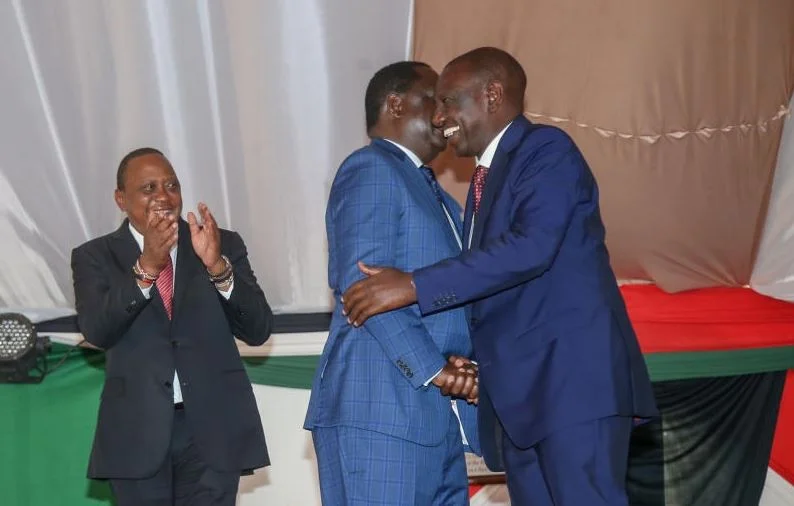ARE PROTESTS A TOOL TO FIX THE SYSTEM OR PART OF THE SYSTEM
Written by John on July 22, 2025
In any vibrant democracy or society seeking change, protests are a familiar sight. Whether it is people demanding justice, better governance, economic reforms, or the protection of rights, mass protests often signal that something is wrong. But a deeper question arises: Are protests a way to fix the system or have they simply become a part of the system itself, expected but ineffective?
When institutions fail or ignore public concerns, protests become a powerful democratic tool. They give voice to the voiceless, spotlight injustices, and pressure those in power to act. Ideally, they challenge the system to become more accountable and just.
In Kenya, protests have become so common that they almost feel routine, part of the cycle of governance. A new tax is introduced; people protest. The government promises dialogue; calm returns. Months later, nothing changes. Then another protest. The cycle repeats.
This repetitive pattern raises concern: Are protests still changing the system, or are they just part of how the system absorbs resistance and moves on without real reform? In this view, protests become an outlet, a way to release public anger without necessarily transforming anything.
Some governments even anticipate protests and build them into their strategies. They may allow limited demonstrations to create the illusion of freedom and democracy while ignoring the deeper demands. In such cases, protests are part of a “controlled democracy” permitted, but not powerful.
The true test lies in the outcome. Do protests lead to meaningful change? Have the lives of ordinary citizens improved because of them? If not, then they may no longer be the tool they were meant to be.
For example, in 2024 and 2025, Kenya witnessed several anti-government protests led by opposition figures and civil society groups. While these brought attention to the high cost of living and public debt, government policies remained largely unchanged. Leaders condemned violence but made few economic reforms, leaving many Kenyans questioning whether protests still work or whether the system has learned how to survive them without addressing root problems.
Despite their loud voices and heroic images, many Kenyans now feel betrayed. Why? Because after every major protest, there is often a behind-the-scenes handshake, a quiet deal, or political silence and the people are left in the same suffering.
It’s like a game.Protests are called.People turn up with hope.Political heat rises.Then silence and a private meeting follows.The politician gets something for himself.The people get nothing.
Leaders who rally Kenyans to protest the government later cross over and join that same government, leaving behind a trail of broken promises, crushed hope, and betrayal. It’s a cycle of betrayal that has been seen so many times. The government introduces painful policies, like unfair taxes, fuel hikes, or food shortages. A leader steps forward, fiery, loud, and passionate calling people to protest. Crowds gather. Kenyans risk arrest, bullets, and even death. Lives are lost. Blood is spilled. Then suddenly… silence. That same leader who led the protests shakes hands with the President and disappears into government. The people are left wondering: “Did you really care, or were you just bargaining for your own gain?”
Raila Odinga is one of Kenya’s most well-known political figures, a man who has stood for democracy and led many powerful protests. But his political journey is also marked by unexpected handshakes that leave his supporters confused and heartbroken.
Protests are still necessary. They remind leaders that power belongs to the people. But to truly fix the system, protests must go hand-in-hand with civic education, voter awareness, legal reforms, and persistent follow-up. Otherwise, they risk becoming ritualistic, a loud cry that the system learns to ignore.
So, are protests a tool to fix the system or part of it? They can be either, depending on how they are used, who leads them, and what follows after the street action ends. If they ignite real reform, they are powerful tools for change. If they simply recycle public anger without results, they become part of a broken system that only pretends to listen.
END…
BY: FALARY MUTETHYA

The author is an experienced radio journalist and media manager.





